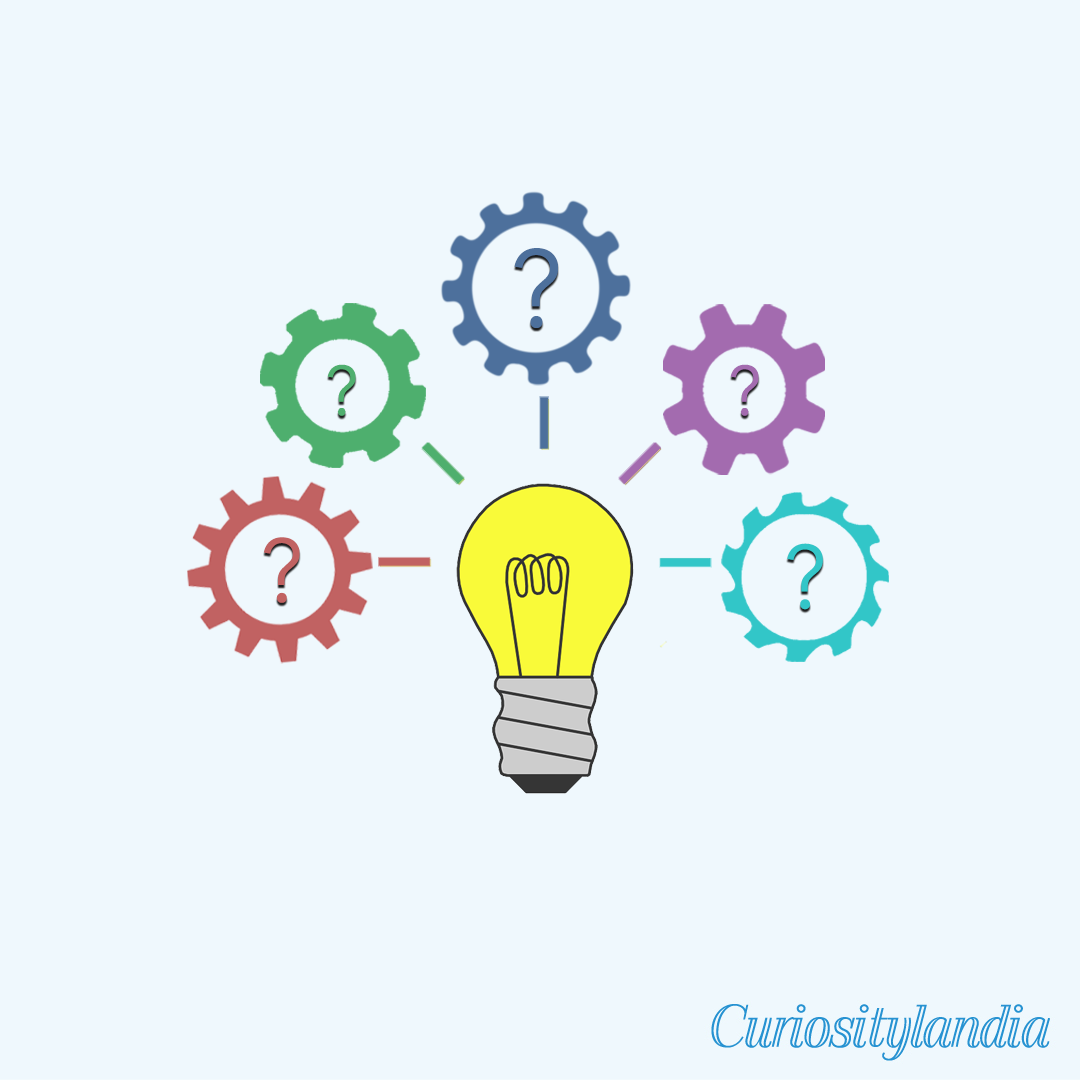Critical Thinking and the Power of Helping Your Children Develop Their Best Skills
Published Date: 12/17/2021

Critical thinking is one of the most valuable cognitive skills students can acquire. It enables them to solve problems more efficiently in their daily lives. It also helps to ensure that they will examine assumptions and scrutinize information instead of passively accepting everything they read or watch. In addition, the ability to think critically gives students the ability to communicate more effectively.
Critical thinking skills are acquired gradually as children progress through the stages of cognitive development. Early cognitive skills such as language acquisition and sorting objects build a foundation for developing critical thinking as kids grow and learn. Activities that stimulate the mind or expand mental capacity promote the development of thinking skills in young children.
Building critical thinking skills involves teaching kids to draw on their existing knowledge to analyze information and make connections before forming a conclusion. Although learning in the classroom contributes to the development of critical thinking skills, practice at home and in other environments is also very helpful in reinforcing learning.
Following are some of the best ways to help children develop critical thinking skills:
- Welcome questions from kids. Young children have a natural curiosity and tend to ask a lot of questions already. Responding enthusiastically to their questions helps to nurture their inquisitive nature and fosters a love for learning. Helping them understand why things are done a certain way increases their ability to reason independently and make good decisions. The development of logical reasoning skills enables students to become better critical thinkers.
- Teach children that actions have consequences. Explain the possible causes and effects of different situations they experience in everyday life. Learning about the difference between cause and effect is an early skill that enables children to become better critical thinkers. It helps them become better equipped to define problems, identify possible alternatives, and formulate solutions.
- Practice active reading and watching. After reading a book or watching a movie, have a discussion about it with your children. Talk about how the story relates to or differs from a situation they have experienced. Ask them to reflect on the storyline and think about how it inspires new ideas or perspectives. Also, ask them questions about the actions of the characters and what they could have done differently.
- Provide games and activities that stimulate the mind. Young children benefit cognitively from opportunities for open play and exploration. There are also numerous toys and games that provide mental stimulation and support the development of cognitive skills. As they grow older, teach kids how to play strategy games, such as chess and checkers. Playing these types of games improves focus, memory, and planning skills. Brain teasers are also excellent for sharpening logic and critical thinking skills.
- Teach children to examine their thought processes and make adjustments when necessary. Critical thinking is an objective approach to sorting and processing information. It requires the ability to distinguish facts from prejudices, emotional judgments, or irrational thoughts. Kids need their parents to guide them in identifying and correcting these types of influences on their thinking.
- Encourage open-mindedness and flexible thinking. Suggest alternate points of view while having discussions with children to help expand their cognitive capacity. Identify and explain when there is more than one possible explanation for something that happened. Learning to consider multiple perspectives helps kids distinguish between correlation, causation, and coincidence.
- Help children gather facts on a topic and prioritize the information. Direct them to compare and contrast the facts in order to determine which are the most relevant. Ask them to explain their thinking about why something is important or not. This activity helps kids learn to ask the right questions about a topic and develop better reasoning skills.
